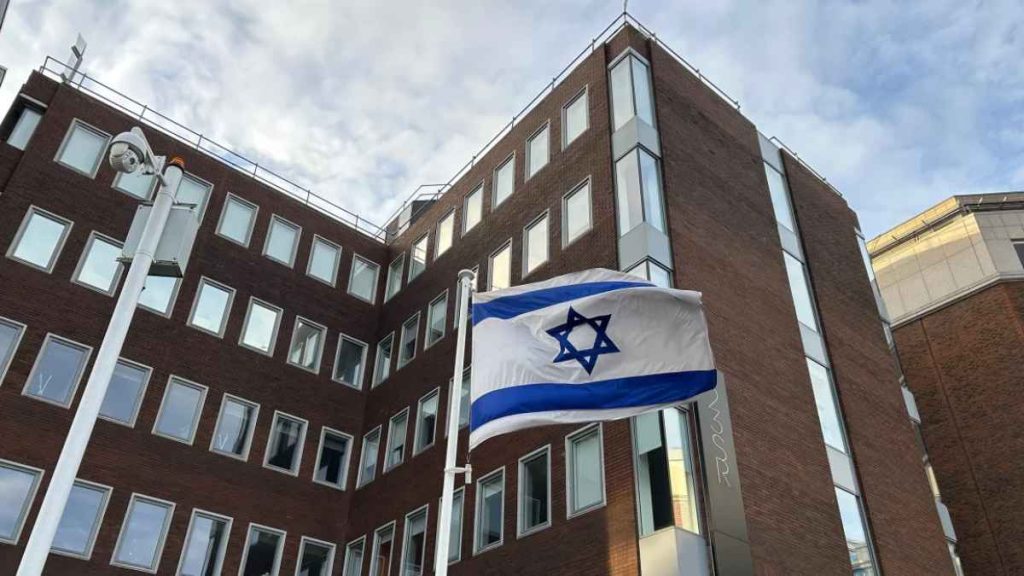Israel has announced the closure of its embassy in Ireland, a move prompted by the Irish government’s recognition of a Palestinian state and its support for South Africa’s genocide case against Israel at the International Court of Justice (ICJ). This decision has sparked a strong reaction from Irish officials, highlighting the ongoing tensions between the two nations.
Israeli Foreign Minister Gideon Saar made the announcement, stating, “The decision to close Israel’s embassy in Dublin was made in light of the extreme anti-Israel policies of the Irish government.” He further accused Ireland of crossing “every red line” in its relations with Israel, asserting that the Israeli government would redirect its diplomatic efforts towards countries that align more closely with its interests and values.
In response, Irish Prime Minister Simon Harris described the embassy closure as “deeply regrettable.” Harris firmly rejected the notion that Ireland holds an anti-Israel stance, stating, “Ireland is pro-peace, pro-human rights, and pro-international law.” He reaffirmed Ireland’s commitment to advocating for a two-state solution, where both Israel and Palestine can coexist peacefully and securely. “Nothing will distract that,” he added.
The tension escalated when Ireland expressed its support for South Africa’s legal action against Israel at the ICJ, further isolating Israel on the international stage amid ongoing military actions in Gaza. Israel’s recent offensive has resulted in significant casualties, with reports indicating that at least 44,976 people have lost their lives in the conflict.
Ireland’s growing vocal support for the Palestinian cause is rooted in historical parallels drawn between the Irish struggle against British occupation and the plight of the Palestinians. This sentiment resonates deeply within Ireland, where public support for Palestinian rights has gained momentum, particularly in light of the recent violence in Gaza.
In May, Ireland became one of three European nations to officially recognise the state of Palestine, which prompted Israel to recall its ambassador from Dublin. The decision to close the embassy marks a significant step in the deteriorating diplomatic relationship between the two countries.
As part of its diplomatic shift, Israel announced plans to open a new embassy in Moldova, indicating a strategic pivot in its foreign relations. The Israeli government’s focus on strengthening ties with nations that share its political stance reflects its response to growing international criticism over its actions in Gaza and the West Bank.
The closure of the embassy raises questions about the future of Israeli-Irish relations, as well as the broader implications for the peace process in the region. With Ireland firmly committed to advocating for human rights and international law, it remains to be seen how this diplomatic rift will influence the ongoing discourse around the Israeli-Palestinian conflict.
As the situation evolves, both nations will need to navigate these complex dynamics carefully, balancing national interests with the broader implications for peace and stability in the region.



